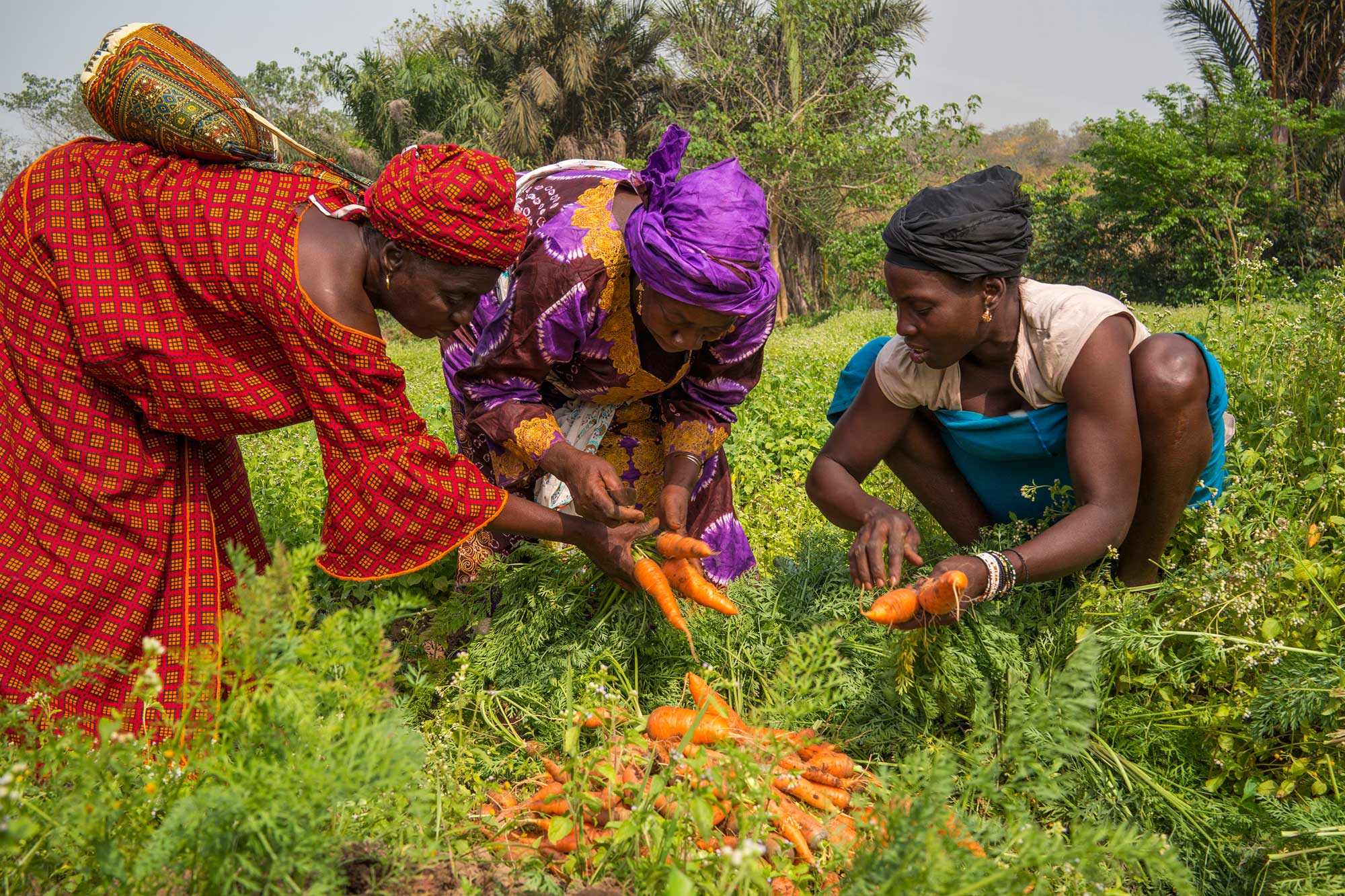Food Losses & Waste in the chain, a short course by WageningenUR

©FAO/Sebastian Liste
Irene Koomen, course coordinator, has shared with the CoP moderator an update on 2015 course on “Lost Harvest, Wasted Food” organized by WageningenUR (University and Research centre).
“48 professionals from 19 countries across Asia, Africa and South America gathered from 14 till 25 September 2015, in Wageningen the Netherlands to participate in a course on “Lost Harvest, Wasted Food”.
The course provided participants with expert lectures on a wide variety of topics relevant to the crop supply chain from quality parameters, value chain analysis, and economic impact of food losses & waste to multi-stakeholder involvement. Several WageningenUR institutes were visited i.e. the food safety institute Rikilt and the group of Food & Biobased research” reported Irene Koomen.
The course included exciting field visits and interviews “Excursions to stakeholders in the chain, farmers, processors and retailers, were part of the programme. At each visit participants interviewed the host to determine to what extent the company experienced losses and what the strategy was to reduce these losses. One afternoon was spent in the municipality of Wageningen to assess the losses in this small city. These were found to be quite low but there is still room for improvement”.
In addition, the course linked students with the local administration, and “the findings and recommendations were presented to a representative of the municipal council. The theory and insights from the excursions were applied to participants’ case studies on the commodities mango, banana, cabbage, tomato, potato, sunflower, groundnut, rice and maize. By the end of the course the participants had produced 10 commodity strategies and went home full of inspiration and their individual plan to make a change back in their respective countries”.
